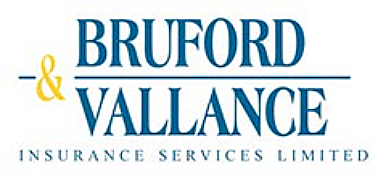Tradesman Liability Insurance
Businesses can be liable at any time to pay damages to someone who suffers injury or loss, which can be proved to be negligent.
Even if you can prove that you were not negligent, you may still be responsible
for costs and expenses incurred in taking legal advice or defending an action
in court. Both these incidents can be covered by liability insurance.
The most common Liability Insurance policies used for most businesses are:
- Public Liability Insurance
- Employers’ Liability Insurance
- Product Liability Insurance
POLICY FEATURES
Public Liability Insurance
If your business deals with clients or members of the public, or if you come into contact with the public during the course of your business activities, Public Liability Insurance should be one of your top priorities.
Public Liability Insurance claims are often extremely high, sometimes running into the hundreds of thousands. This means that a business which isn’t covered could be in serious financial trouble if it found itself liable to pay damages or compensation.
Public Liability Insurance can cover your business for damages and compensation payouts along with any related legal fees in the event that your business has caused injury or death to a member of the public or damage to their property.
While it is not a legal requirement to have Public Liability cover, most businesses are expected to have a minimum cover of £2m. Companies operating without it may find it more difficult to do business.
Employers’ Liability Insurance
Every business that employs staff is legally bound to have employers’ liability insurance to a minimum cover of £10 million.
Even if you run a small business, insurance covering your employees for injury and illness at work is compulsory, whether you employ 1 member of staff or 500 and whether they are casual workers or full-time.
Employers’ Liability insurance covers you and your business for any claims against you arising from employees who have been injured at work or experienced illness as a result of working for you, and where you are at fault. It also covers you for expenses in legal cases against your business taken by employees.
Having this type of liability cover means that your business is able to pay any compensation claims by staff without compromising its financial stability. However, if your business does go into liquidation or receivership, holding the cover means that your employee can still claim and be paid damages.
Product Liability Insurance
If your business manufactures or supplies goods to customers you may be liable for any defects that occur in that product that might cause damage or injury to another person or their property.
In some cases even if you don’t manufacture the goods and just supply them to third parties and they are found to be faulty you could still be liable if you are associated with the products. For example, if your name is on the goods you supply or the manufacturer has gone out of business you could still be liable.
